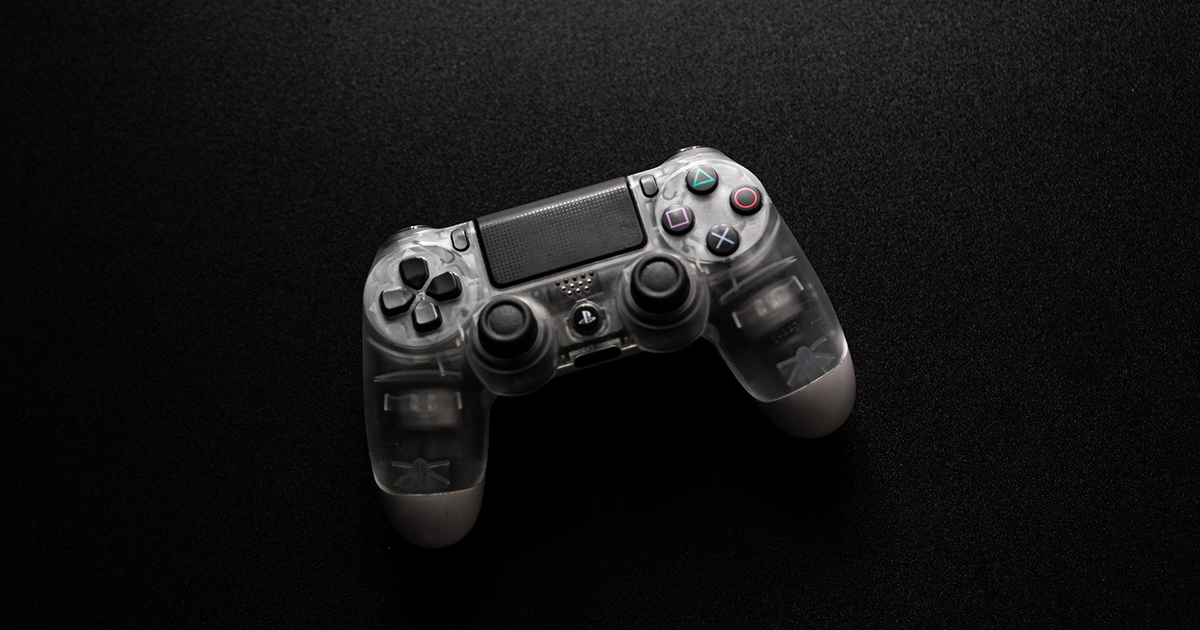Russian censors can start using neural networks. One of the centers controlled by Roskomnadzor suggested using AI to search for prohibited content in video games. But, according to experts, this can seriously affect the availability of games.
This was reported by the Kommersant newspaper, with reference to the study of the Main Radio Frequency Center (GRFC).
As explained in the department, thanks to neural networks, it will become easier and faster to search for prohibited information in games. They will watch, for example, stories related to child pornography, calls for suicide and drug use.
“Games are becoming more difficult, and a person cannot cover the fullness of the proposed plot forks,” said Alexander Fedotov, head of the scientific and technical center of the GRCC. “To study such content, you can spend hundreds or thousands of hours, which is difficult for a person.”
Nevertheless, experts doubt that neural networks will significantly reduce the time for analyzing games. In comments to Kommersant, Arseny Kondratiev from Liquid Studio Accenture suggested that studying just one game would take months. “The main difficulty is that for each new game it is necessary to train a separate network that will learn to pass it,” he added.
Also, according to the founder of the portal r awg.io Haji Mahtieva, the idea of a GRCC can complicate the life of developers. In a conversation with Kommersant, he pointed out that there is a lot of content in modern games that users create. As a result, censors can get a way to manipulate, because “anything can be pulled under sanctions, including chat messages.” All this, according to Maktiev, may lead to the fact that it will be more difficult for games to be distributed in the Russian market.
In turn, the GRCC noted that neural networks will not independently make any decisions on games. They will pass all the information found about the banned content to the employees, who will decide what to do with the title.

